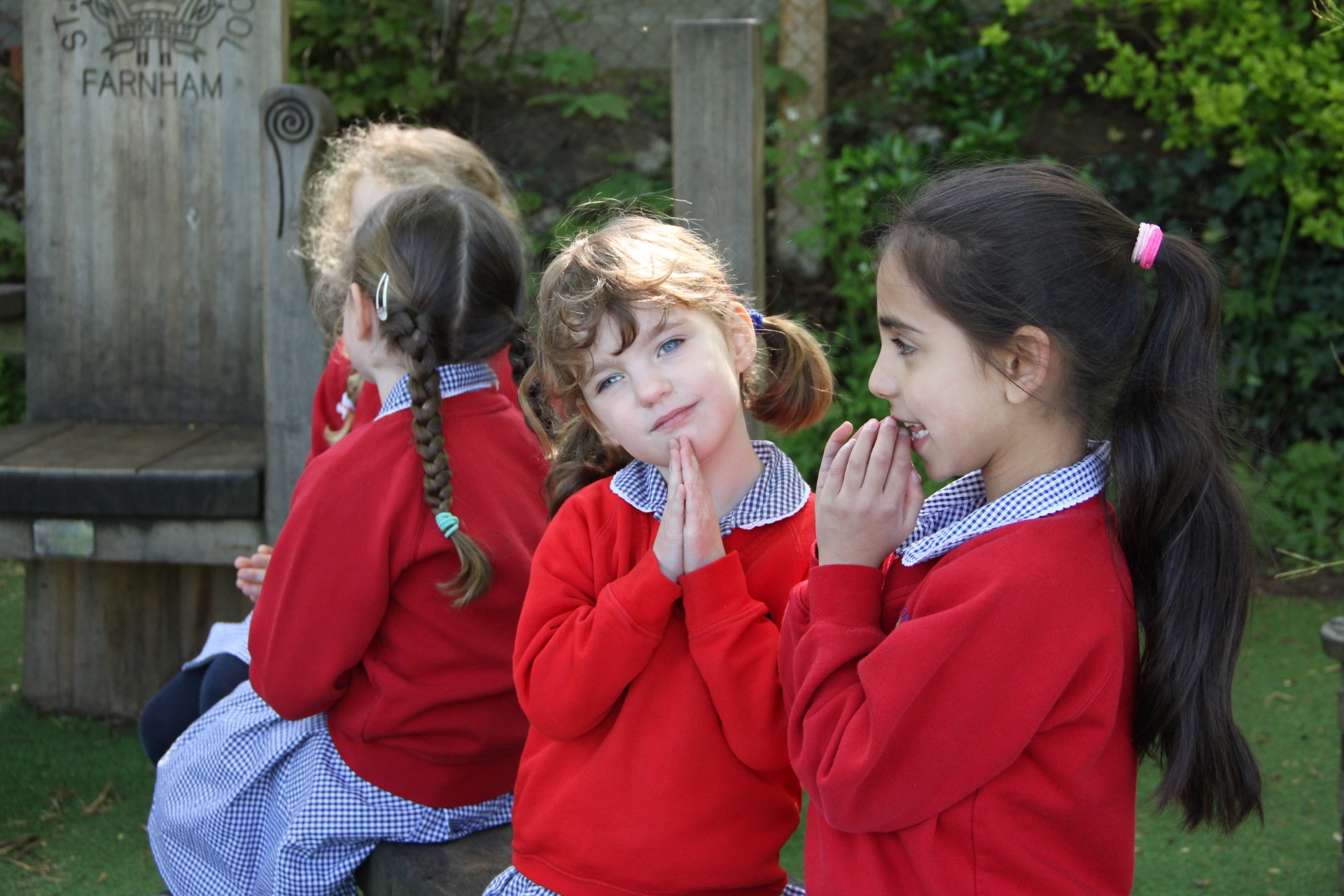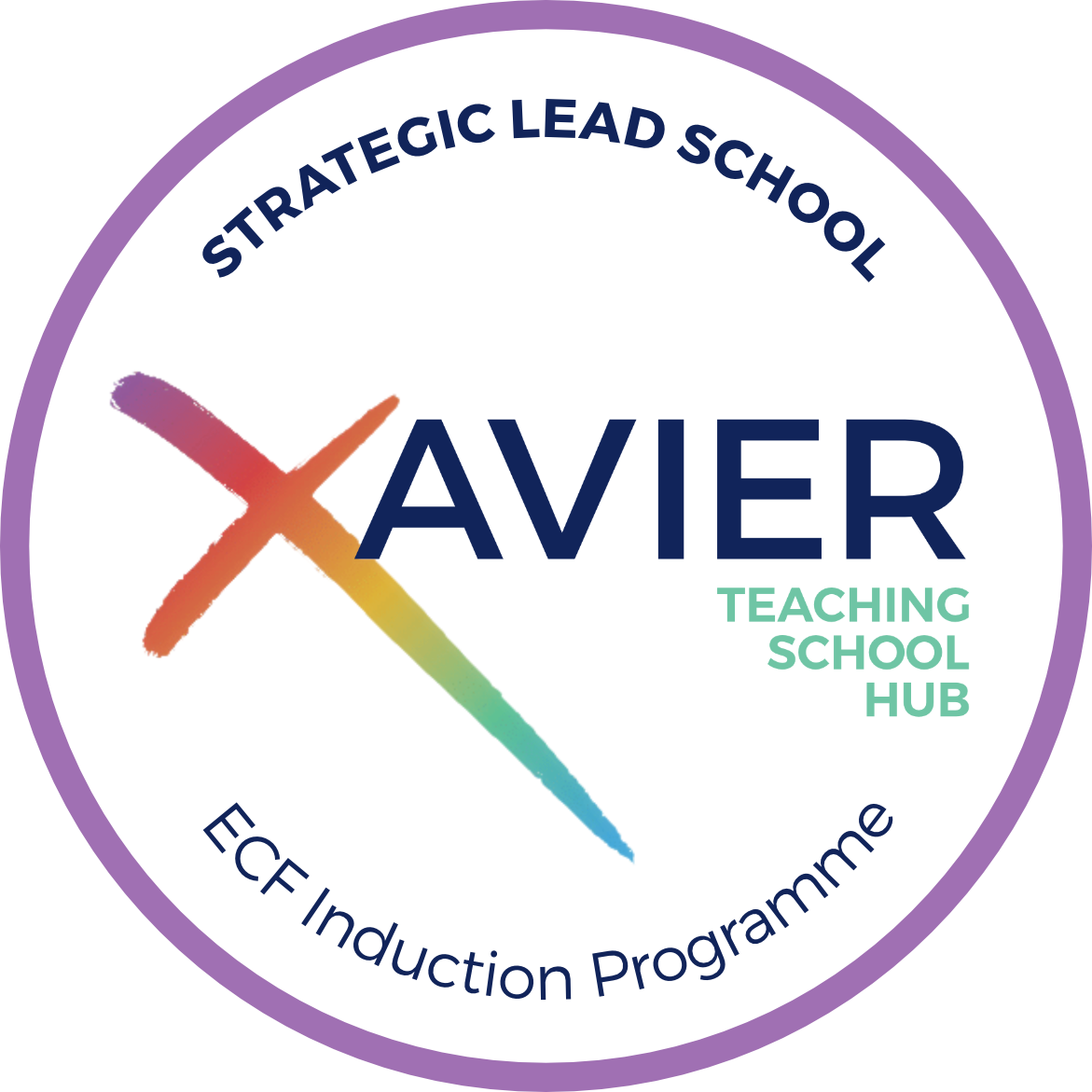Religious Education
Subject Co-ordinator: Miss Maloney

RE Statement of Intent
Primarily the purpose of Religious Education, in St Polycarp’s Catholic School, is to make Christ known and to assist parents in their role as primary educators of their children. Through Religious Education we aim to make the person of Jesus Christ known and loved, and to place Him and the teachings of the Church at the centre of school life.
The Day by Day curriculum is a comprehensive Catholic program designed to deepen faith formation through six branches of learning:
Creation and Covenant
Prophecy and Promise
From Galilee to Jerusalem
From Desert to Garden
To the Ends of the Earth
Dialogue and Encounter
Each branch is the focus of a half term learning and nurtures a specific aspect of Catholic faith and identity. The curriculum follows a spiral structure, allowing children to revisit key concepts annually with increasing depth and understanding. This progression is harmonized with the Liturgical Calendar, aligning lessons with feasts, seasons, and celebrations of the Church year. The Day by Day curriculum fosters a living faith by helping pupils encounter Christ personally and grow spiritually within the rhythms of Catholic life.
‘For all children Religious Education is a proper subject in its own right in the school’s curriculum. It is a rigorous academic discipline, and as such it is to be taught, developed and resourced with the same commitment as any other subject. For those already engaged in the journey of faith, Religious Education will be catechesis, and for some children Religious Education will be evangelisation, the first opportunity to hear the good news of the Gospel.’
Challenge and Support
RE is by its very nature a challenging subject; at first, we listen to important religious stories and messages. Then we understand, apply, and analyse ideas. We actively encourage discussion as the primary route to challenge, asking children to Add, Build or Challenge ideas and opinions in a respectful manner.
Support takes various forms; explicit teaching of vocabulary, scaffolding of stories and readings and stem sentences to support oral discussion.
Challenge in practice
Following Year 6’s learning about Genesis, the children were asked…
Q ‘Why do Adam and Eve only realise they are naked after they’ve eaten the fruit?
A ‘Adam and Eve don’t know they’re naked because God is protecting them, therefore making them feel fully clothed. But when they are separated from God, they don’t have that protection, therefore making them feel bare. That’s when they notice they’re naked.’








